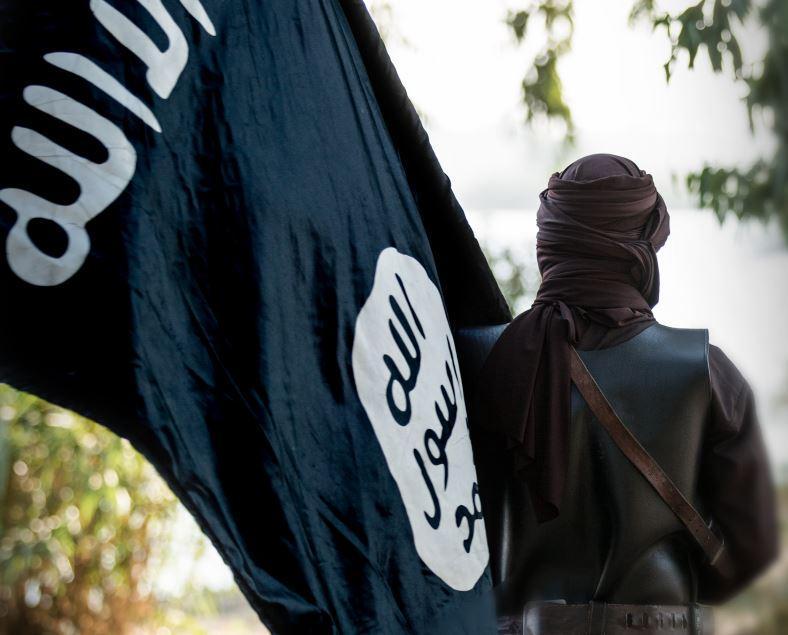
A barber has been convicted of sending thousands of pounds to an Isis supporter in Syria after being handed a government Covid grant.
Tarek Namouz ran the Boss Crew Barbers in Hammersmith, London, and Kingston Crown Court heard that he “received money from the government to assist his business” during the pandemic.
But in November 2020, the 43-year-old started making a series of transfers to a man in Syria. He started off with a small payment of £100, before escalating to between £1,500 and £2,700 a time in seven transfers over the coming months.
Prosecutors said those records showed the transfer of almost £11,300, but Namouz later told a friend that the true amount transferred was £25,000.
Its recipient was Yahya Ahmed Alia, a friend of Namouz who had fought for Isis in Syria and was living in Damascus at that point.
WhatsApp conversations uncovered by the police showed the two men discussing the murder of non-Muslims and “invaders”.
Prosecutor John McGuinness KC told jurors the chats showed that Alia had used the money to buy weapons, adding: “The two of them wanted to organise and fund a militia that would commit attacks against the Syrian government.
“They talked on WhatsApp about purchasing weapons and explosives.”
Namouz was arrested in May 2021 in a pre-planned operation, where police discovered his hidden mobile phone despite his claim he did not own one.
He regularly deleted WhatsApp messages with Alia but a surviving chat from shortly before his arrest showed Namouz writing that he wanted to “burn Christianity” and have “incinerators like Hitler - a lesson from history”.

He said that it was religiously permitted to buy weapons with the “disbelievers’ money”, referencing arguments by Isis and al-Qaeda arguments that stealing from non-Muslims is a method of jihad.
Investigators discovered a large amount of Isis propaganda videos on Namouz’ phone, including videos showing how to build a bomb and carry out deadly knife attacks.
He said he wanted to enter Damascus and “take it back from the invaders”, carrying out public executions and displaying victims’ bodies.
Namouz denied all offences, initially claiming that he sent money to Syria “for the poor and needy”, and then changing his account to say he was trying to buy land in the war-torn country in order to retire there.
But while being held in prison after his arrest, he was caught telling a visitor that he had “made a transfer of £25,000” and wanted his friend to buy sniper rifles and bombs.
“We were preparing for an attack and I was going to join him,” Namouz was recorded saying. “I had a project in mind, buy a plot of land, build a mosque and help feed 30 to 40 orphans then go to fight.”
He was convicted of eight counts of funding terrorism and two counts of possessing information useful to a terrorist.
He was remanded in custody ahead of a sentencing hearing on 5 January.
Commander Richard Smith, who leads the Metropolitan Police Counter Terrorism Command, said: “People like Namouz who provide money to terrorist groups - both in the UK and overseas - are enabling others to go and commit serious and deadly attacks, and we will always pursue and investigate those people and seek to bring them to justice.”







